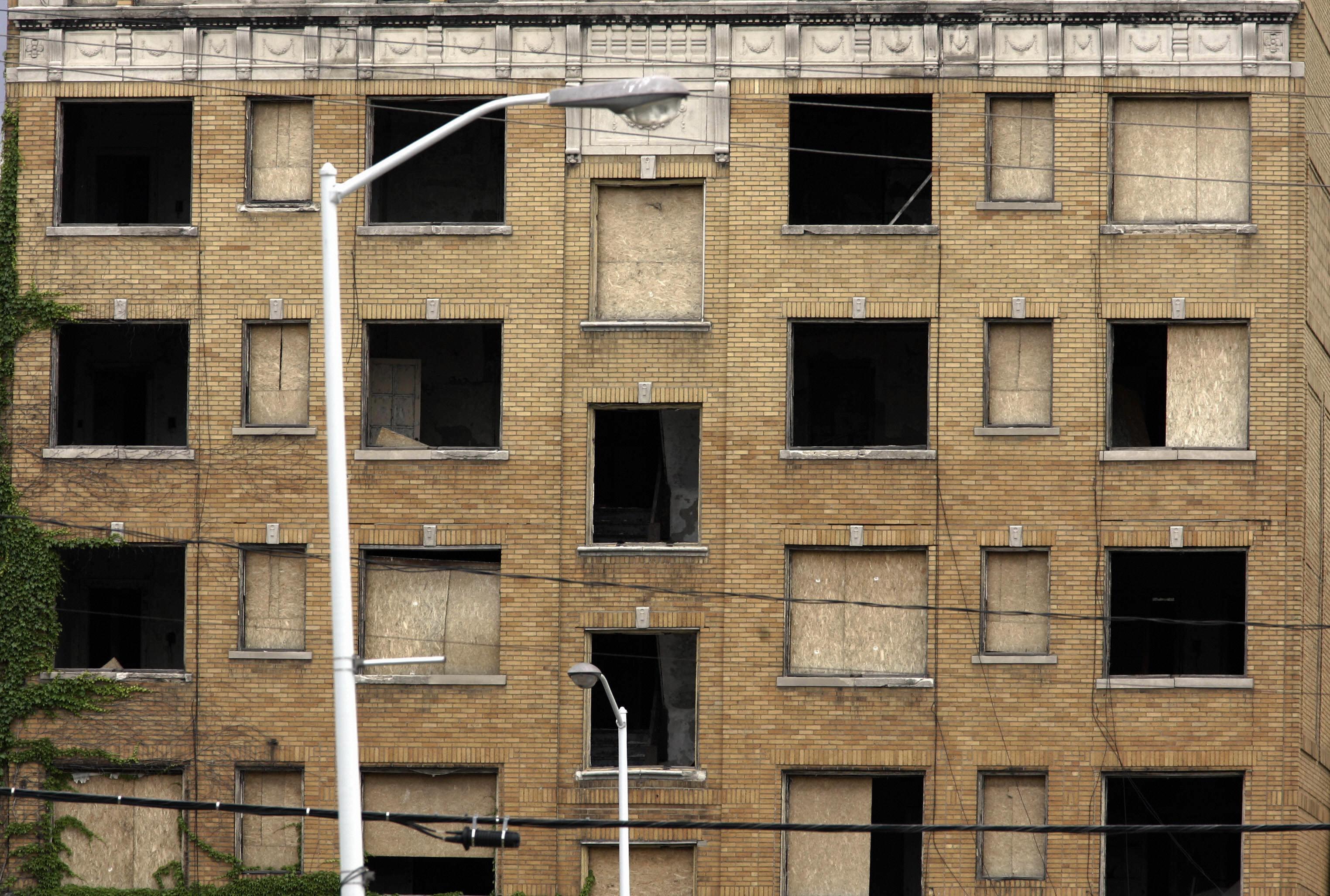I often hear the word “meritocracy” kicked around rather thoughtlessly on the Internet in a context where the suggestion is that an “unfair” system is somehow the opposite of a meritocratic one. The reality is just the reverse. Meritocracy itself is often grossly unfair. A great example came yesterday from Kevin Drum, who, as you may know, is obsessed with the link between lead in children’s bloodstreams and crime. A key point for my purposes, though, is that toxic lead exposure during childhood doesn’t just lead to increased likelihood of committing violent crime. It’s generally associated with a range of cognitive impairments. Drum’s point yesterday was to draw our attention to the fact that while black youths still commit crimes at a higher rate than white ones, the black offending rate has fallen much faster than the white one, and this is because the racial gap in lead exposure has also fallen a great deal.
And good for us. But the current cohort of black teens is still more than three times as likely as the cohort of white teens to have had lead levels of 25 mcg/dl as little kids. And exposure levels as low as 10 mcg/dl among children under the age of 6 are associated with an over 5 point decline in IQ among adults.
Needless to say, children under the age of 6 do not exercise a great deal of choice over where they live or what level of soil testing is done. Nor is it an accident that low-income parents are more likely to be inhabiting the kind of dwellings where their kids are likely to be exposed to toxic levels of lead. I think it takes a fairly perverse outlook on life to believe that a person deserves lifelong economic hardship as a consequence of his parents’ having lived in an old house near a freeway when he was a toddler. But the name for that social system is “meritocracy.” The non-poisoned infants really will grow up to be adults who really are smarter and really do have better impulse control and ability to do long time-horizon planning. They have more “merit” than the poisoned kids just like Dwight Howard is very genuinely taller and stronger than you or I.
Obviously the right response to lead and other atmospheric toxins is to clean them up. But the fact of the matter is that we’re not going to eliminate lead from the build environment next year, and we’re certainly not going to go back in time to the late 1960s and clean up the environment that today’s 45-year-olds grew up in. And though lead is very important, it’s also obviously not the only source of relative cognitive disadvantage out there (consider mercury or bad school lunches or just noise). The point, however, is that the unfairness that who your parents were and where they lived 30 or 40 years ago has a major impact on your income and opportunities today isn’t a contrast to the idea that the American economic system in some sense rewards merit—this happens precisely because the system rewards merit and possession of “merit” is largely driven by factors that are themselves totally beyond a person’s individual control.
